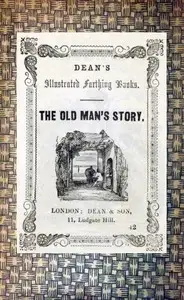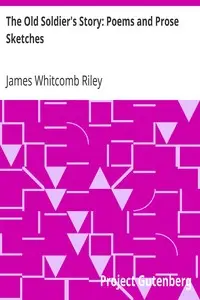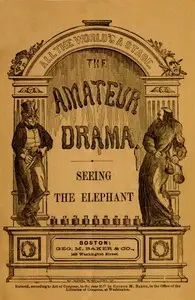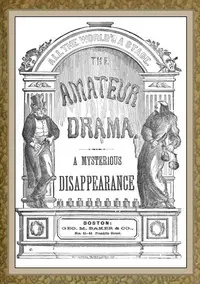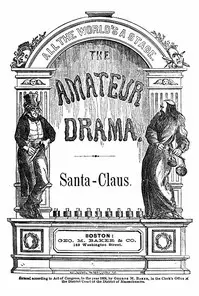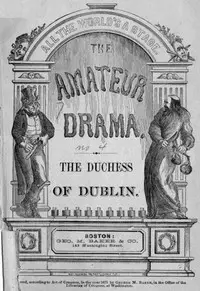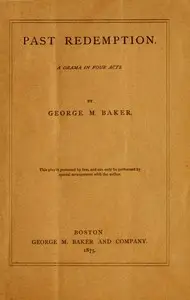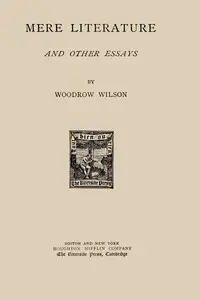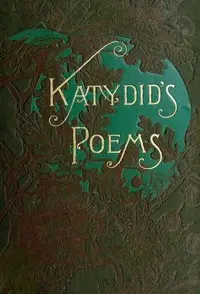"An Old Man's Prayer" by George M. Baker is a cautionary poem from the 1800's that follows an old man’s somber warning about the perils of alcohol. The poem presents a story where an old man interrupts a joyful celebration of young men about to fight in war to recount a tragedy of a fortune destroyed due to alcohol. He tells of losing his three sons: one to heavy drinking, one at sea because of drinking, and another as a soldier. He persuades the young men to turn away from alcohol and his words have a deep impact, causing one soldier to choose water over wine. Ultimately finishing with an image of young men heading to war, protected against the destructive force of alcohol.
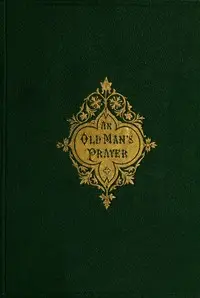
An Old Man's Prayer
By George M. (George Melville) Baker
An aging man's heartbreaking story makes young soldiers swear off alcohol before marching off to war.
Summary
About the AuthorGeorge Melville Baker (1832–1890) was a playwright and publisher in Boston, Massachusetts, in the 19th century. He worked for Lee & Shepard publishers, then opened his own imprint. "George M. Baker & Co." issued works by authors such as Henry M. Baker, F.E. Chase, and Herbert Pelham Curtis. Baker's company ceased in 1885, succeeded by his brother's "Walter H. Baker & Co." George Baker also performed with comedian Henry C. Barnabee, appearing in "lyceum entertainments" in New England. He belonged to the Mercantile Library Association. He married Emily Bowles in 1858; children included novelist Emilie Loring, playwright Rachel Baker Gale, and screenwriter Robert Melville Baker.
George Melville Baker (1832–1890) was a playwright and publisher in Boston, Massachusetts, in the 19th century. He worked for Lee & Shepard publishers, then opened his own imprint. "George M. Baker & Co." issued works by authors such as Henry M. Baker, F.E. Chase, and Herbert Pelham Curtis. Baker's company ceased in 1885, succeeded by his brother's "Walter H. Baker & Co." George Baker also performed with comedian Henry C. Barnabee, appearing in "lyceum entertainments" in New England. He belonged to the Mercantile Library Association. He married Emily Bowles in 1858; children included novelist Emilie Loring, playwright Rachel Baker Gale, and screenwriter Robert Melville Baker.


